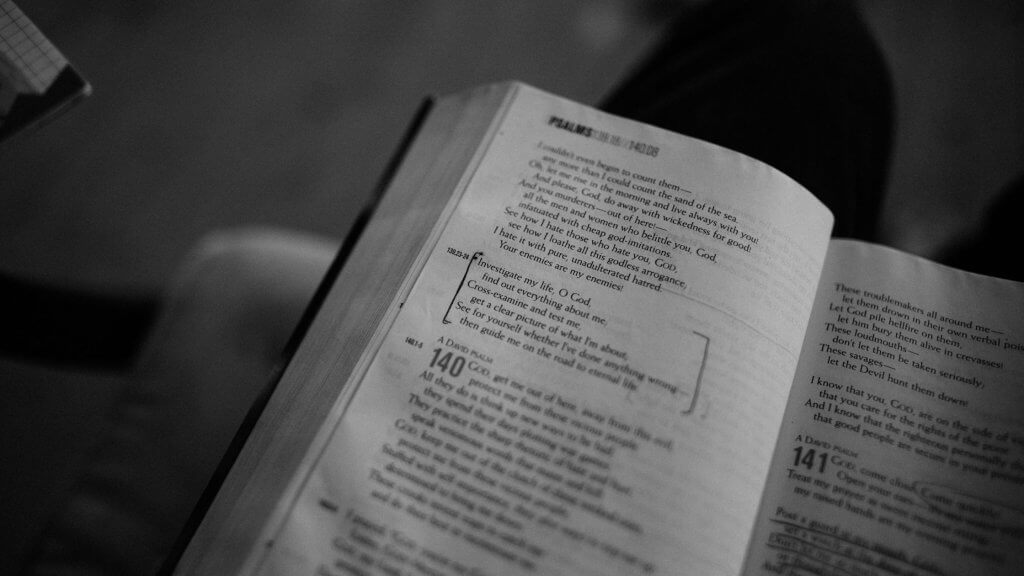


 November 24, 2025
November 24, 2025In California, your job should never force you to choose between your faith and your livelihood. Whether you practice a major world religion, follow smaller or less traditional beliefs, or simply hold sincere moral convictions, the law protects your right to work without being treated unfairly because of your religion.
Yet many workers don’t realize they’re protected until something goes wrong.
If you’ve felt judged for your beliefs, denied a schedule change, or pressured to hide your religious identity, you’re not alone. And you do have rights.
This guide breaks down, clearly and powerfully, how California law shields you from religious discrimination and what to do if your workplace crosses the line.
What Counts as Religious Discrimination?
Under California’s Fair Employment and Housing Act (FEHA) and Title VII of the Civil Rights Act, religious discrimination happens when an employer:
Important: These protections cover all religions, including Christianity, Islam, Judaism, Hinduism, Buddhism, Sikhism, as well as smaller faiths, indigenous practices, and personal moral convictions with sincere meaning.
You don’t need to be part of an organized or widely recognized religion to be protected.
Common Signs of Religious Discrimination at Work
Religious discrimination can be subtle or completely blatant. Examples include:
1. Denying schedule changes for religious observances
Such as refusing time off for:
2. Harassment or offensive comments
This includes:
Your employer must prevent and correct this behavior.
3. Forbidding religious attire
California law requires employers to accommodate religious clothing and grooming practices unless it creates an undue hardship, which is a high standard.
Examples:
4. Retaliation for requesting accommodation
Retaliation is illegal. This includes:
Simply because you asked for a religious accommodation.
5. Forcing participation in religious activities
Employers cannot require you to:
Your faith, or lack thereof, is yours alone.
Your Right to Religious Accommodation
Employers must provide reasonable accommodation unless it causes significant difficulty or expense.
Common lawful accommodations include:
If it does not harm business operations in a substantial way, they must accommodate it.
When Does a Workplace Violate the Law?
A workplace is breaking the law if:
What To Do If You Think You’re Experiencing Religious Discrimination
Here’s how to protect yourself:
Every worker deserves a job where their beliefs are respected, not questioned or penalized.
If your faith has made you a target at work, you don’t have to stay silent or endure it alone.
At Abramson Labor Group, we fight for employees whose rights have been ignored or violated.
Your concerns are real. Your experience matters. And we’re ready to help you take the next step.
Start with a FREE and confidential intake evaluation today.